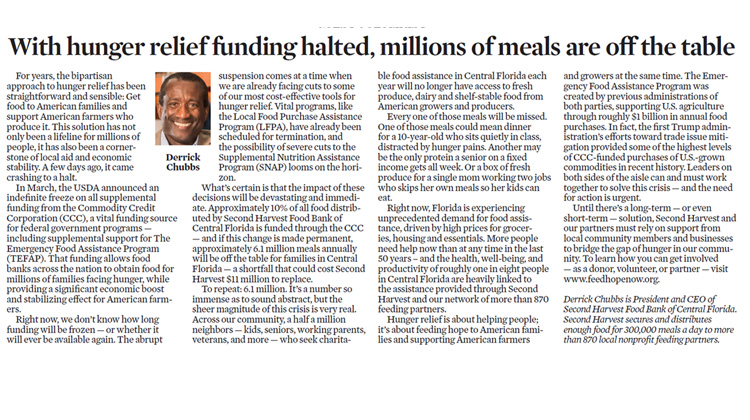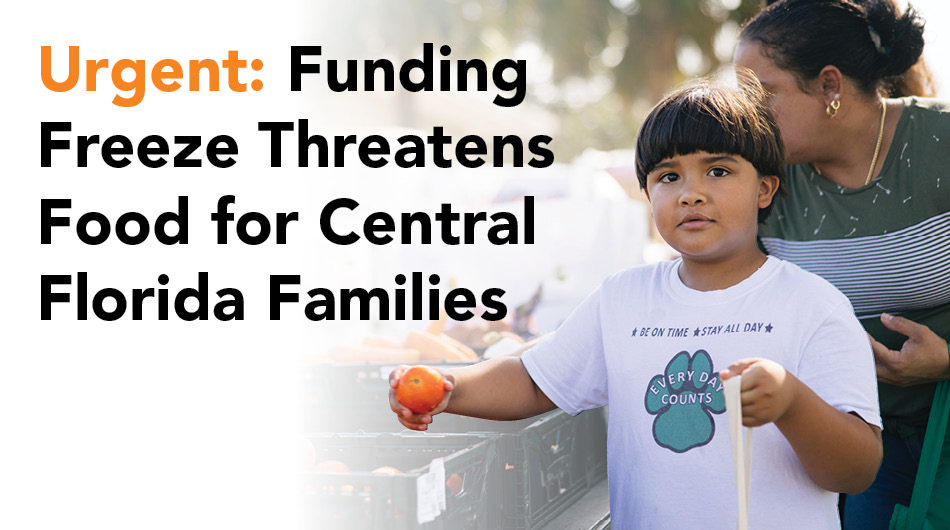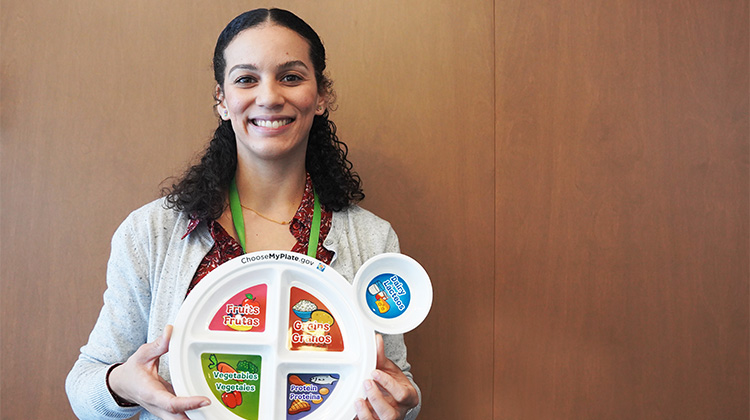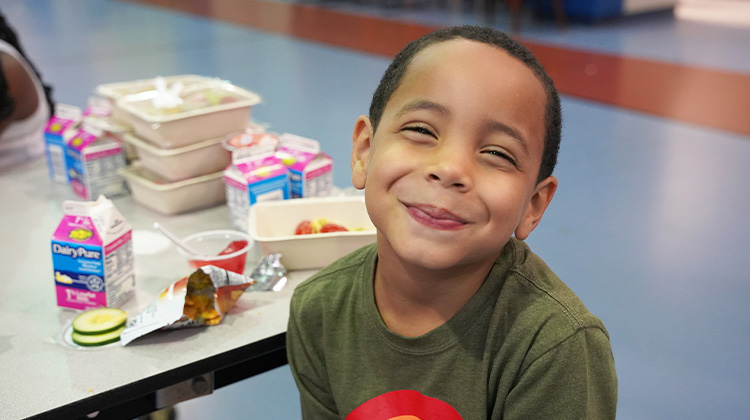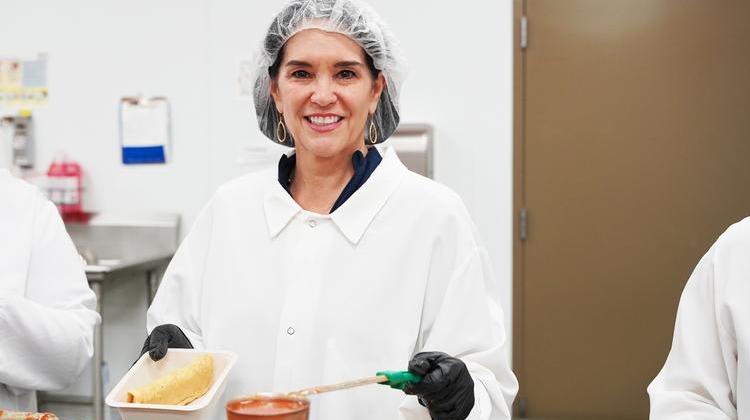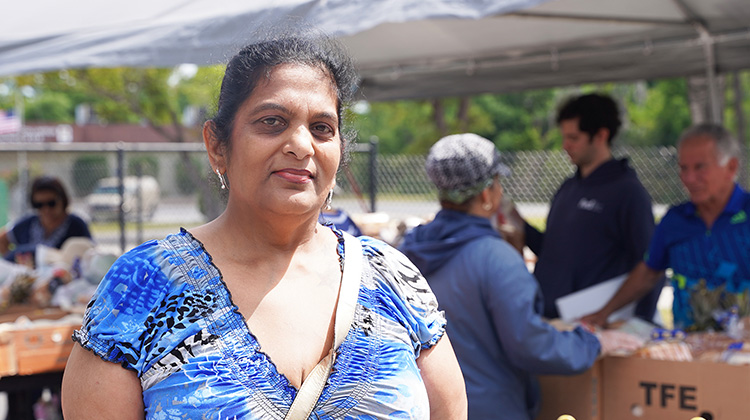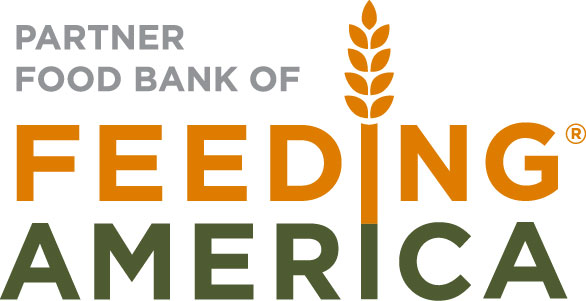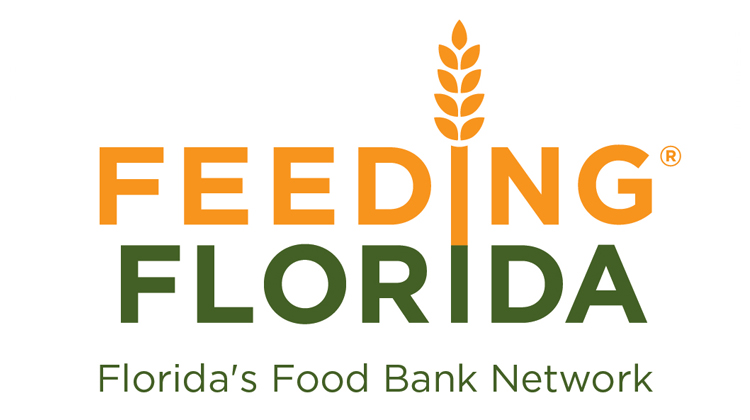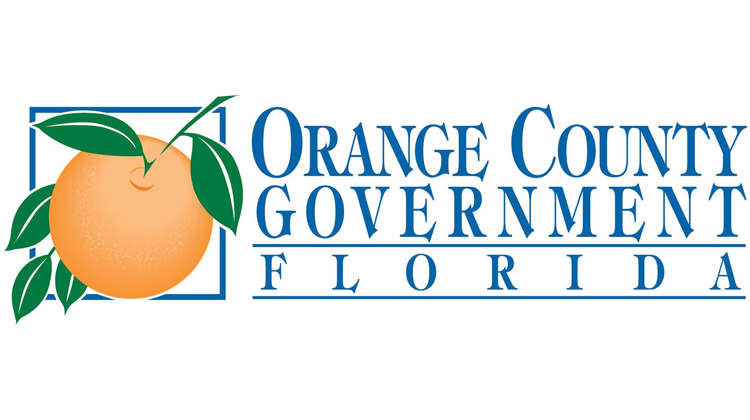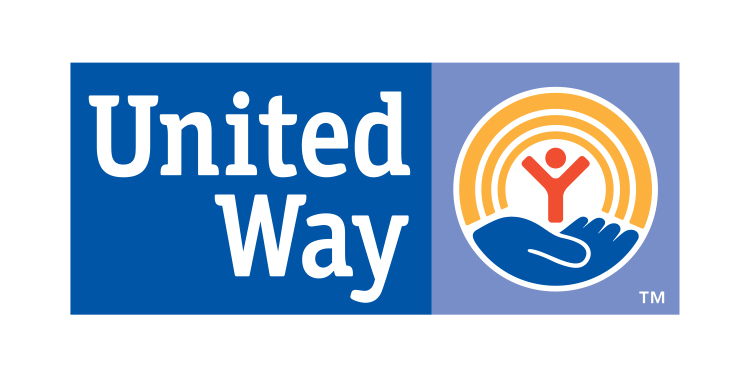
The U.S. Department of Agriculture has proposed a rule change to Broad Based Categorical Eligibility (“Cat-El” for short).
What is Cat-El?
Cat-El allows states to determine how they will implement programs like the Supplemental Nutrition Assistance Program (SNAP). Currently, the federal government sets a federal limit that allows households with a gross income of up to 130 percent of poverty and up to $2,250 in assets.
With Cat-El, states have the option of raising both the income and asset limit. 42 states use this option, including Florida. For example, a family of three participating in SNAP cannot have more than $2,250 in assets like cash or property with the new proposed rule. The same family could not exceed 130 percent of poverty, which is $2,252 for the year.
States are allowed flexibility for this so they can meet the needs of their population. An example of this would be a higher than average unemployment in the state similar to what happened during the Recession. The state was able to respond as the population’s needs grew.
Cat-El also allows states to prevent families and individuals from falling into the benefits cliff. As a worker’s income level rises above the federal income cut off, Cat-El ensures that SNAP slowly tapers off, instead of abruptly stopping it and creating a situation where a higher paying job or more work hours would result in less income.
How many people will be impacted?
Per USDA’s own estimates, this rule change would cause approximately 3.1 million Americans to be cut from SNAP. This would mainly affect working families, seniors and people with disabilities.
In Florida, it’s projected that 229,000 Floridians would lose SNAP assistance. An estimated 44,000 Florida seniors and 157,000 children would also be impacted by this rule change. This is per the Florida Department of Children and Families (DCF).
What else will be affected by the proposal?
Eliminating Cat-El would also impact families with children in public schools that receive free school breakfast and lunch. Currently, Cat-El allows SNAP recipients with children to automatically enroll in the free school meal program.
By eliminating Cat-El, USDA is adding an administrative burden to schools and parents who now need to ensure they fill out paperwork to sign up their children for free school meals.
How will the food bank be impacted?
It’s unlikely that food banks like ours can shoulder the burden. For every meal Second Harvest puts into the community, SNAP puts out 9 meals. Private charity simply cannot compensate for the breadth of the impact of cuts to the program.


